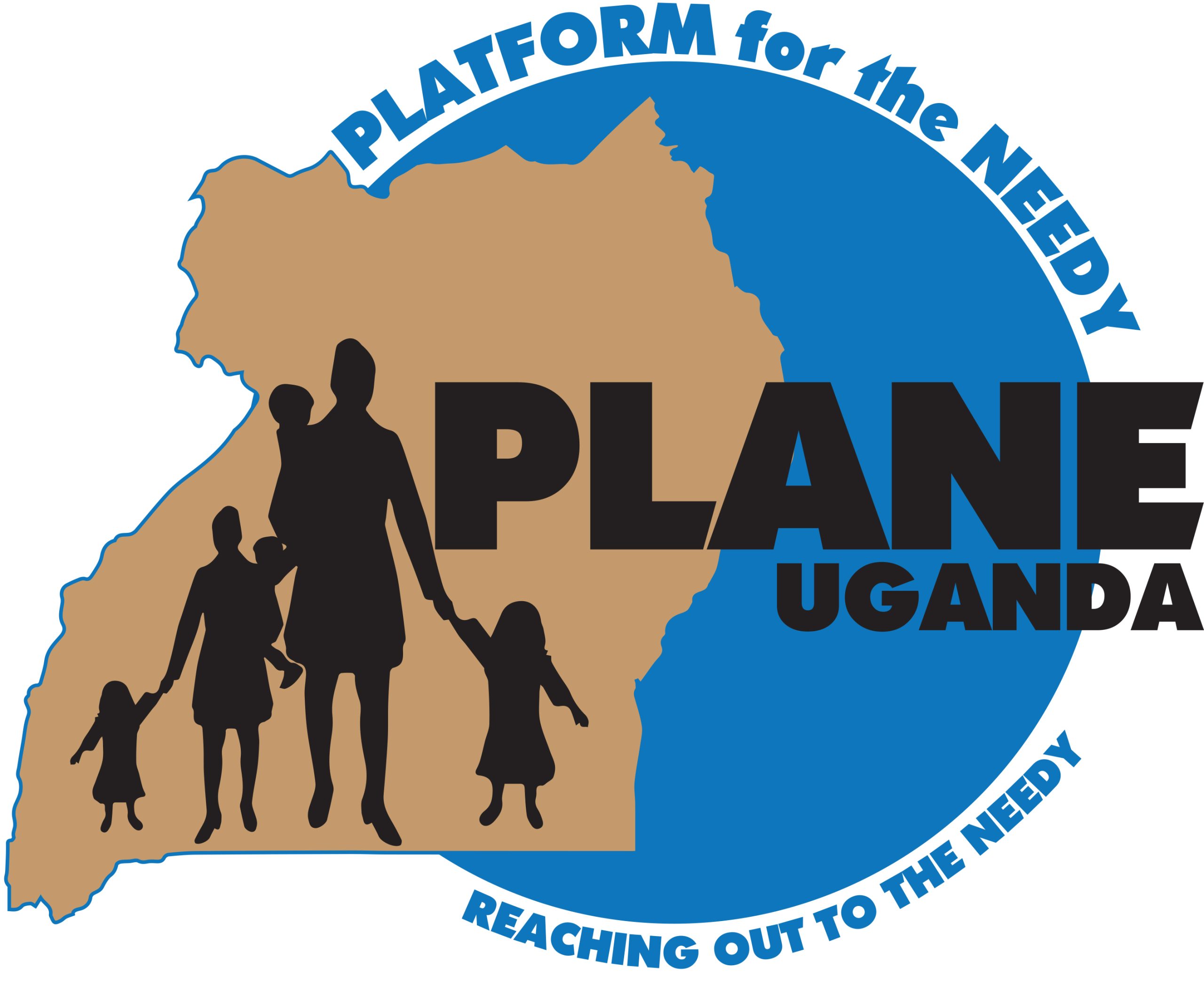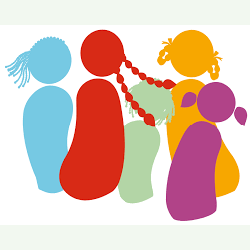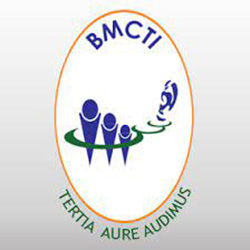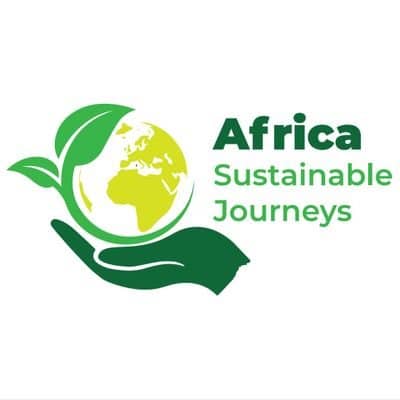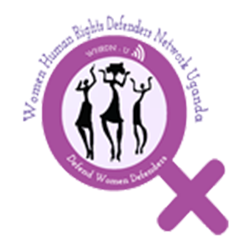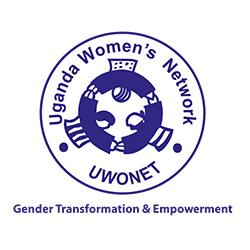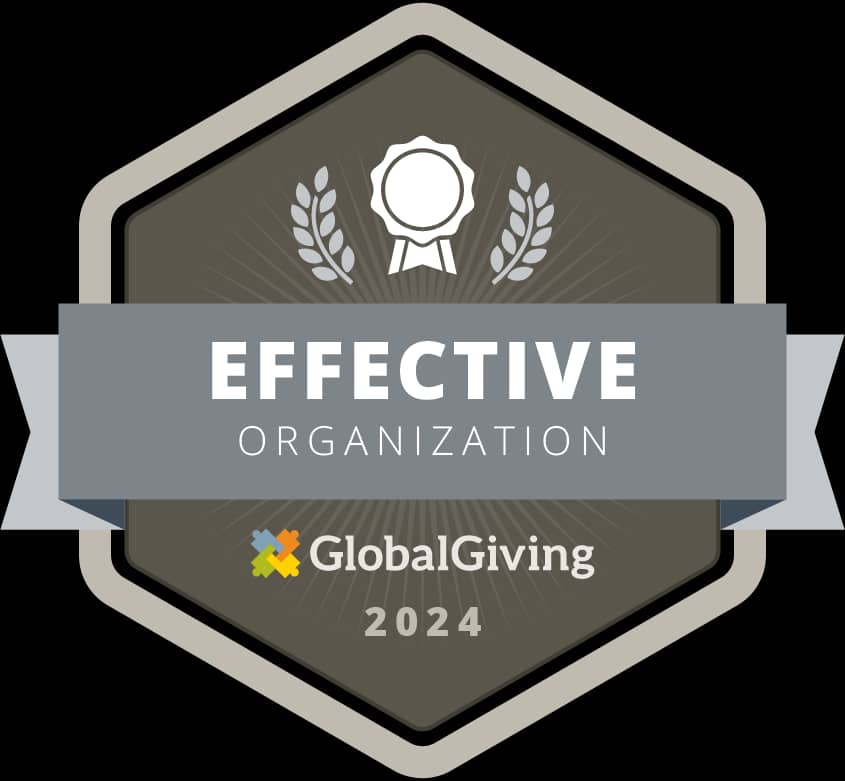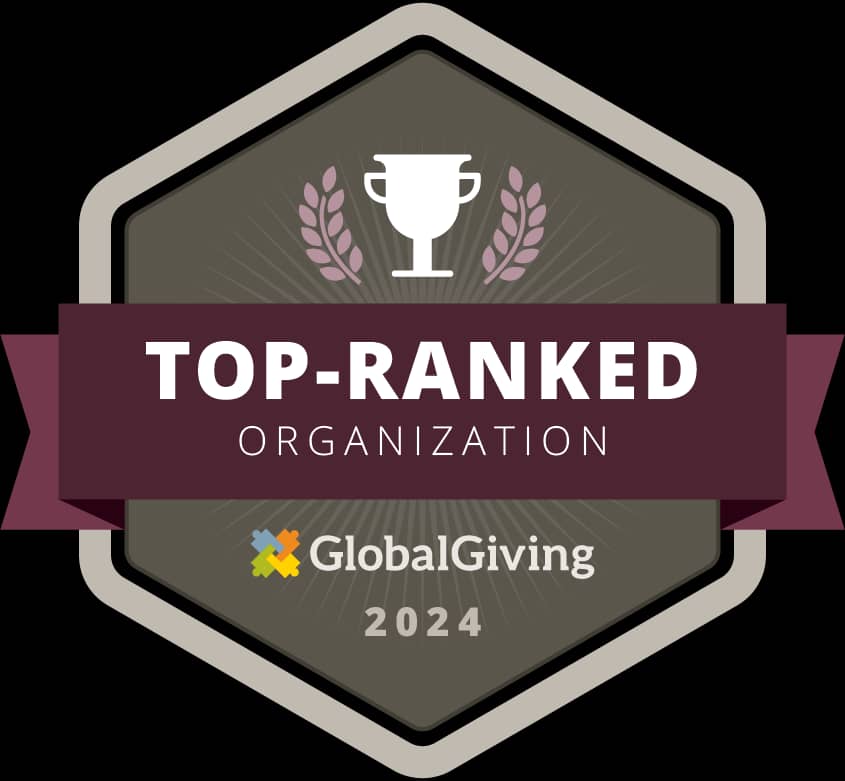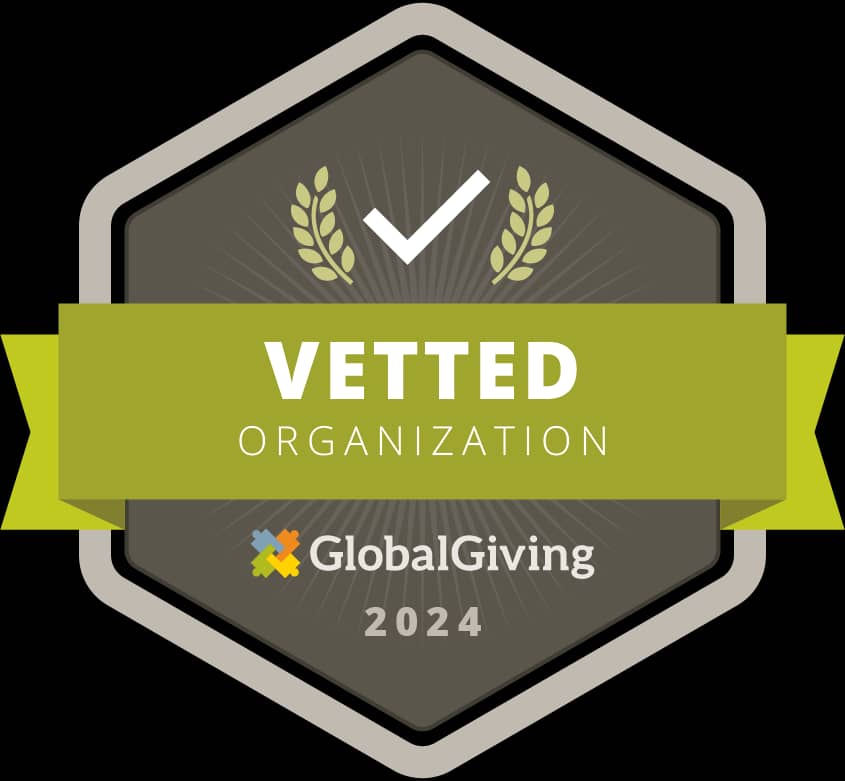
By Ronaish Arshad Content Creator/Researcher&Marketing Abu Dhabi UAE
The day has come. Hands cower in fear while sealed lips—ones which feel as though they were sown with needles of submission—scream in an almost deafening silence. Rights & dignity present themselves as mere grains of her existence, invisible grains sought after only by the most intellectual minds. A ceremony unwanted by her is inundated with overdressed civilians, and luxurious decor, words of delight are forced upon her, while threats pound in her head with unbearable potency.
Do hands adorned with the name of one’s betrothed belong to the arms of one whose playfulness is still entwined within the tresses of a doll? Do they belong to the heart of one whose fingers continue to cherish the mere colors of a cartoon book?
For as long as humanity has thrived and evolved, girls & women worldwide have been treated as cards in a deck of social norms, whose opinions are deemed non-existent. Child marriage is explicitly defined as the marriage of someone under the age of 18, an age where someone can finally be called an adult, capable of making their own choices. Prevailing in Uganda, this practice encapsulates the life of over 5 million girls, 1.3 million of whom were married before the age of 15.
A girl’s duty lies amongst a cluster of dishes and her dignity remains only if she follows commands. This dated belief has molded the narrow-mindedness that triumphs in the streets of Uganda; it stems from misconstrued ideals, unspoken laws, and the idea of girls being a burden to their families, something holding them down. Child marriage contravenes fundamental human rights, and places mere youngsters at a high risk of violence, abuse and exploitation. As said by Alain Sibenaler, a UNFPA Uganda country representative, “In Uganda, 8.9 million girls aged 10–19, especially those that live in the rural areas, and among the less educated and low income households are at risk of harmful practices, including child marriage and female genital mutilation.”
An evidence of these detrimental impacts are the teen pregnancy rates in Uganda, as 25% of the annual 1.2 million pregnancies recorded in Uganda are from teen moms, with more than 300,000 pregnancies ending in unsafe abortions. Motherhood is not a platter to be handed or a transaction, it requires emotional maturity & physical capability that these children do not possess. And they should not be victims to this suffering. As a teenager myself, I can’t even fathom having to give birth to and raising a child, as I’m a literal child myself.
At least 117 nations still permit this horrid happening; distorted practices, beliefs, and socio-cultural factors have led to child marriage being deemed a “tradition” or even a “necessity”. A child’s innocence is shredded apart and they’re forced to live a cycle of torment, where both emotional & physical abuse has the capacity to occur.
Child marriage has shattered countless lives, yet it is still tackled as a trivial, almost ‘normal’ trade, a trade of humans, of lives. It’s a trade stuck in anachronistic times, one that has no place in today’s world. It’s time we raise awareness on education about such practices, and discuss the mental trauma & after-effects of a decision that should never be in the hands of oppressors.
To every parent who forsakes their child,
matrimonial rings don’t belong on the gentle fingers of innocence;
wedding veils don’t belong with the jubilant thumps of playtime;
a relationship doesn’t belong in the hands of dissent.
Statistics taken from: https://www.unicef.org/media/88846/file/Child-marriage-Uganda-profile-2019.pdf
